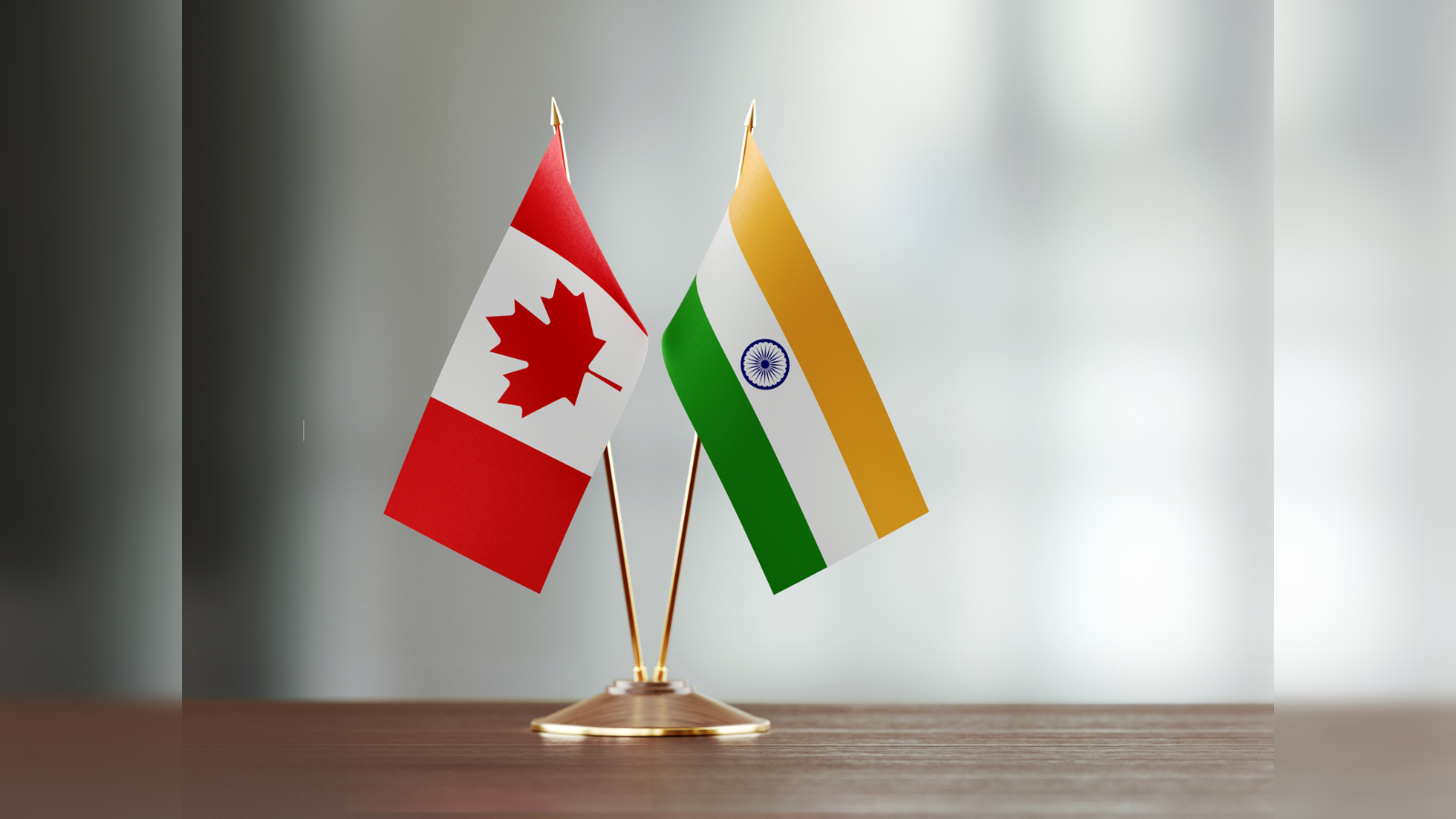Canada Doubts India – Cyber Adversary Label Adds New Dimensions For 2025!
Canada‘s decision to categorise India as a "cyber adversary" has brought in a new chapter of tension in their already strained relationship.

The bilateral relations between Canada and India, which were already strained, then fell to the verge when the former labelled India as a “cyber adversary.” This designation was vigorously resisted by the Indian government, calling it “unwarranted” and accusing the U.S. of attempting to obscure alleged cyber threats on Indian cyberspace.
Canada agrees ‘almost always’ no nation for cyber threat, but Indian experts feel new designations won’t lessen tensions PageTensions between India and Canada have risen sharply after Canada recently started to classify India as a ‘cyber adversary’, all thanks to the already tense diplomatic relations.
This categorization has triggered alarm bells in New Delhi – the Indian government is opposing Canada’s move firmly. Indian officials say the designation is baseless and lacks evidence. They say it is motivated by fears of alleged cyber threats to the integrity of Canadian digital infrastructure.
Understanding Who Cyber Adversaries Are –
Canada decided to list India as a potential cyber security threat based on an analysis reportedly conducted by Canada’s communications security establishment (CSE), which is responsible for protecting national digital networks. Traditionally, this designation usually applies to nations involved in hostile activities, including countries like China, Russia, and North Korea, according to officials.
The move reflects cyber security concerns. All those specific details or examples of alleged cyber incidents involving India were not provided publicly. Kennedy authorities emphasise the importance of protecting national assets and critical infrastructure, and the designation is intended to prioritise cyber security measures against potential set. However, this lack of transparency has raised questions about the motivation behind the designation and whether it is primarily driven by security intelligence or broader political factors.
India’s Position in Perspective: An in-built Bias Perspective.
India responded to the so-called “Cyber Adversary” bird-eye browsers in a grotesque manner, dismissing it as a reckless determination that it had no valid proof.
Officials from India’s Ministry of External Affairs (MEA) had strong objections, asserting that the designation was misleading and determinant of India’s global image. India has maintained that it holds no hostile intent towards Canada’s digital assets and has characterised the designation as part of a larger pattern of unfounded accusations in recent months.
Indian officials highlighted the lack of evidence behind the designation and an end to what they say is a campaign to undermine India’s standing Internationally.
The Politics: Growing Tensions.
The Cyber Adversary designation only adds to the escalating tensions between Canada and India. Issues began to get serious earlier in the year—Canada’s open support of certain Sikh groups in Canada who were supporting the Khalistan movement.

The movement seeks an independent state for Sikhs separate from India. India has always been against the Khalistan movement, a threat to its territorial integrity and has repeatedly urged Canada to take a firmer stance against these groups.
The diplomatic tiff worsened after the killing incident of Hardeep Singh Nijjar, a prominent Canadian Sikh leader who supported the pro-Khalistan activism. Prime Minister of Canada, Mr.Trudeau, made a public statement that pointed out the Indian Government in the incident, a claim India strategically denied as baseless. Diplomatic reprisals started flowing, with both countries expelling senior diplomats and tightening visa restrictions, particularly affecting students and workers travelling between the two nations.
After Effects on Trade and Relations.
The consequences of this Black Hat attribution may also be detrimental beyond cybersecurity and influence other economic and diplomatic links.
Canada & India have a good volume of bilateral trade estimated at CAD 10 billion, in the light of different including agriculture, technology and services. But, recent tensions may disturb the ongoing trade negotiations and adversely affect the atmosphere of bilateral investments, which, in turn, will affect the companies operating in both Countries.
In addition, there is a large Indian community settled in Canada that includes students and skilled professionals. A diplomatic tussle would adversely affect the career and education prospects of Indian citizens in Canada. Similarly, Canadian companies may also face hurdles in exploring the burgeoning Indian economy, which has a large base of consumers and investment opportunities.
Conclusion.
Lastly, the supposed ‘Cyber Adversary’ attributed to one country makes it clear that there are forward looking challenges in the relations of diplomacy between Canada and India. It is clear that both countries must seek, in good faith, an open communication process that moves towards the restoration of faith and respect for national security needs and issues of technological sovereignty. Both the countries do not stand in the position where they can afford to ignore very important bilateral relations created on the basis of consideration of this very conflict and the impact which any strategic moves may have on the already rather fragile spirit of partnership and collaboration.
If tensions persist, the economic, political and social impacts could grow, affecting both the country’s interest in various global forms and international trade circles; diplomatic efforts to de-escalate and resolve these issues will be critical to prevent further deterioration and to foster a stable cooperative relationship going forward to summarise Canada’s accusation of India as a Cyber Adversary reflects a complex interplay of cyber security concerns, political stand-off and competing national interests without renewed diplomatic engagement. This accusation may deepen divides and further impact trading security and cultural exchanges between countries historically enjoying constructive ties.






